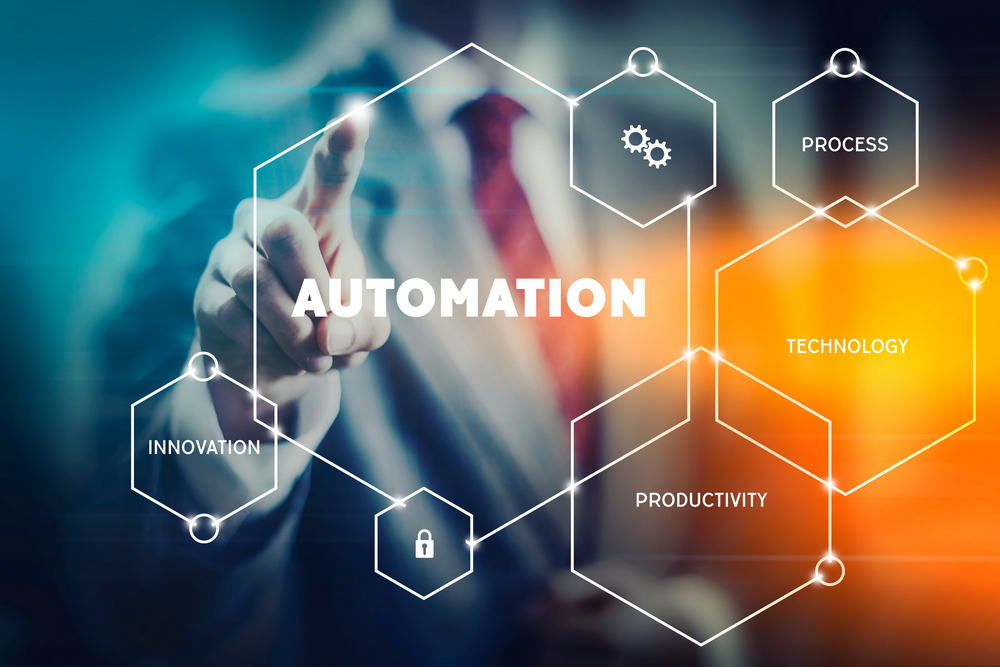
The manufacturing industry is undergoing a profound digital transformation. New advanced technologies centered on automation, artificial intelligence (AI), and sophisticated data analysis are leading this revolution, which is known as smart industry or Industry 4.0. According to the technology research experts over at ISG, integrating these digital capabilities is creating smarter factories that operate at unprecedented levels of efficiency, quality, and innovation. This accelerating trend of automation and AI is transforming the manufacturing sector as companies modernize for the future. These advancements are part of comprehensive manufacturing solutions that are reshaping how products are designed, produced, and delivered.
Table of Contents
Automating Repetitive and Routine Tasks
A major application of automation in smart factories is taking over repetitive and routine physical tasks previously done by human workers. These include operations like materials handling, selecting parts, packaging finished products, inspecting for defects, and basic equipment monitoring. Deploying advanced robots and software algorithms allows manufacturing plants to automate a growing portion of mundane work processes.
This results in lower operational costs and frees up human employees to focus on more value-added activities like innovation, quality control oversight, and managing exceptions. The greater productivity and job satisfaction unlocked by automating tedious manual work is driving more manufacturers to integrate these smart capabilities.
AI Optimization of Complex Production Systems
Besides automating discrete tasks, manufacturers are tapping the optimization power of AI to orchestrate intricate, dynamic production systems. Algorithms crunching gigabytes of operations data can spot inefficiencies and variability patterns human analysis would likely miss. Responding in real-time and continually adjusting parameters means AI process controllers maximize throughput, minimize waste, reduce downtime, and ensure quality standards are met. The self-adjusting, almost sentient nature of smart AI technologies is enabling manufacturers to reach unprecedented new heights of speed, quality, and customizability.
Data-Enhanced Human Decision Making
People often have the mistaken impression that AI will replace human roles. In manufacturing, smarter machines are actually meant to partner with people, enhancing their capacities through integrated data feeds.
Emerging augmented reality systems let production personnel view key information overlays while working. Monitoring dashboards with notifications helps teams constantly optimize operations. Powerful computer vision assists human quality inspectors in finding defects. And data visualizations provide plant leadership with clearer insights to inform better strategic decisions.
Rather than full automation that cuts staffing, manufacturers are wisely using AI and automation to promote data-enhanced collaboration between people and technology. This allows factories to benefit from automation while keeping indispensable human strengths like creativity, judgment and oversight fully leveraged.
The Flexibility Imperative
In the past, introducing manufacturing automation required high upfront investments suited only for extremely standardized, high-volume production runs. Smart advances are now making automation technology like robots much easier to reconfigure and adapt as needed. This newfound agility is letting manufacturers respond to fast-changing customer demands and shifts in supply availability. As personalization and build-to-order models grow across industries, having a future-ready, adaptable manufacturing infrastructure is becoming an imperative.
The Workforce Transformation Opportunity
While fears persist about automation displacing jobs, manufacturers adopting Industry 4.0 capabilities are discovering uplift opportunities. As technology handles a growing share of routine tasks, a priority is upskilling workers to operate more responsibly at higher cognitive levels. Moreover, the proliferation of data and analytics is requiring manufacturers to build IT capabilities that understand both production processes and digital systems. This is spurring the creation of exciting new roles like data scientists, simulation engineers, sustainability experts and automation specialists.
Conclusion
The rise of automation and AI is profoundly transforming manufacturing into a more efficient, agile, and data-driven industry. Manufacturers adopting Industry 4.0 capabilities with proper workforce planning and reskilling can realize productivity gains while supporting job growth. With thoughtful implementation, increased automation and AI can usher manufacturing into a more competitive and sustainable future.

